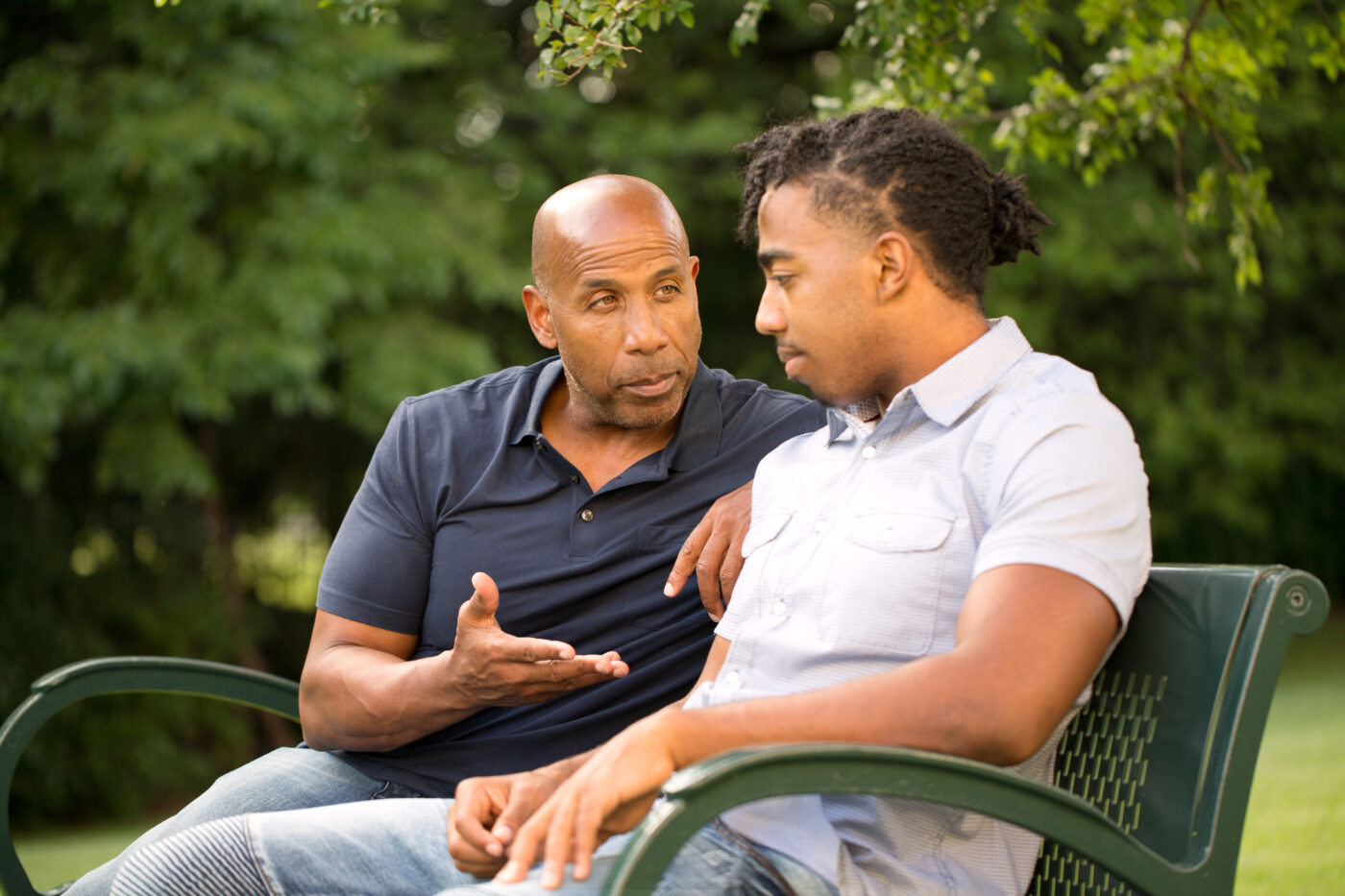A friend of mine told me that in one day, each of his four kids told him he was selfish, in four separate conversations. At first, he dismissed it, thinking they had gotten together as a joke to make him feel like a terrible father. He told himself his kids don’t know any better and had no say over his authority in what he thought was right. After a while, though, he discovered these were his kids’ true experiences of him, and that stung. If he hadn’t swallowed his pride, he might never have noticed that sometimes, his kids were right. That’s how he learned how not to be a prideful dad.
Pride is particularly dangerous because we rarely realize when we have it. It causes us to dig our heels in, and its damage is already done. If we’re honest, most of us struggle with pride in our parenting. The question isn’t whether pride affects our fatherhood, but how and to what extent. Here are 5 signs you’re a prideful dad.
1. You believe you never need help.
When your wife suggests a parenting book or mentions a strategy her friend uses, you tense up. When a family member offers assistance, you decline—not because you don’t need it, but because accepting help feels like admitting inadequacy. Pride disguises itself as independence and strength. It whispers that needing help is weakness, that you should instinctively know how to handle every parenting challenge. True strength, however, is found in vulnerability and knowing when to seek support. The best dads build networks of wisdom and aren’t afraid to ask questions or admit when they’re struggling.
2. You won’t let your kids see you fail.
Do you present a carefully crafted version of yourself to your children so they only see your successes but never your struggles? When you make mistakes, you justify rather than apologize. You find it nearly impossible to say you were wrong or that you don’t know something. This is another form of pride, suggesting that children need to see perfection in their fathers. But kids learn more from how we handle failure than from our successes. It helps them realize their own resiliency when they inevitably face failures on their own. When they witness us acknowledging mistakes, making amends, and growing through challenges, they develop authenticity.
3. Your success is defined by what your children accomplish.
Maybe you only share your kid’s accomplishments to feel better about yourself. Do you sometimes take it personally when they lose a big game? If your kids’ achievements become your identity and their failures, your shame, then pride is once again at hand. Our kids’ worth is not measured by accomplishments, and neither is a father’s. Instead, value your children for who they are instead of what they do.
4. You believe you always know best.
I am guilty of saying “because I said so” to my kids often, and it drives my oldest crazy. She likes to challenge the way I think, and not out of malice but out of passion. You can’t always view disagreement as disrespect and questioning as rebellion because your perspective is not the only one that matters. Instead, listen to your kids’ perspectives, adapt when appropriate, and explain your reasoning. Allow them to use their own critical thinking skills to point out when you don’t know best or when there’s another perspective.
5. You keep a tally of all your sacrifices.
Do you mentally catalog every basketball game attended, every late night spent helping with homework, or every meeting declined for family time? You might be using these sacrifices as ammunition during conflicts or justification for why you deserve special treatment as their father. Yet, fatherhood gives freely without expectation of return or recognition. Keeping score of everything you do for them is not fair because your kids can never truly pay you back. It just leaves you bitter. Instead, enjoy your sacrifices, and know that your kids are learning a valuable lesson that will blossom when they are much older: how to show love.
Sound off: What advice would you give to somebody who wants to learn how not to be a prideful dad?
For a deeper discussion about this subject, check out this All Pro Dad podcast episode.










Huddle up with your kids and ask, “What does it mean to keep score in a relationship, and why is it a bad idea?”